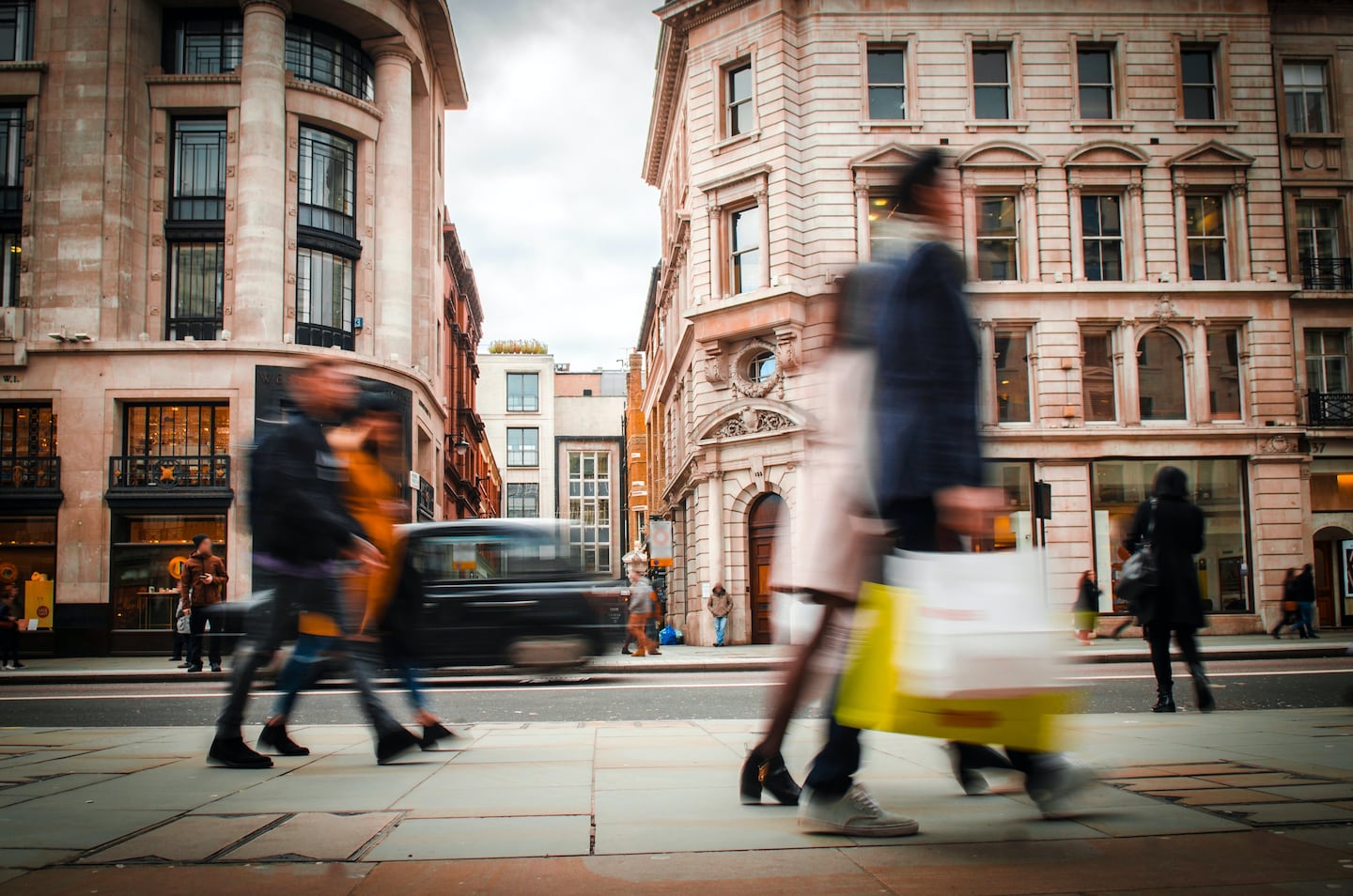
The Business of Fashion
Agenda-setting intelligence, analysis and advice for the global fashion community.

Agenda-setting intelligence, analysis and advice for the global fashion community.

LONDON, United Kingdom — British consumers face higher prices and reduced availability of goods if the government fails to agree pragmatic solutions with the European Union on regulatory checks at ports in any post-Brexit deal, the retail industry's lobby group warned on Monday.
Next month will see the formal launch of negotiations on a new relationship after Britain left the EU at the end of January.
Britain was able to import and export goods seamlessly during its membership of the EU's Customs Union and Single Market. But the UK government said last week that border controls will be needed to ensure the right customs and excise duties are collected and borders are kept secure after the 11-month transition period ends on December 31.
The British Retail Consortium (BRC) said that without practical agreements with the EU, companies could be required to produce a mountain of paperwork at border crossings — VAT sales tax and excise documents, freight documents, health and veterinary paperwork, export health certificates, exit and entry summary declarations, and safety and security permits.
ADVERTISEMENT
"The issue is simple — higher tariffs and extensive checks will harm consumers, retailers, and the UK economy. The government must set about to negotiate a zero tariff agreement that minimises checks and red tape otherwise it will be consumers who suffer as a result," said BRC Chief Executive Helen Dickinson.
Almost 80 percent of all the food that UK retailers import comes from the EU.
The lobby group said the government must establish import and export processes along with the infrastructure needed to conduct the necessary checks.
It said staff will need to be hired and trained to carry out these checks, while IT systems will need to be adapted and tested.
Holding facilities for lorries, particularly at the key ports of Dover and Folkestone in southern England, will also need to be built.
By James Davey; editor Hugh Lawson
Antitrust enforcers said Tapestry’s acquisition of Capri would raise prices on handbags and accessories in the affordable luxury sector, harming consumers.
As a push to maximise sales of its popular Samba model starts to weigh on its desirability, the German sportswear giant is betting on other retro sneaker styles to tap surging demand for the 1980s ‘Terrace’ look. But fashion cycles come and go, cautions Andrea Felsted.
The rental platform saw its stock soar last week after predicting it would hit a key profitability metric this year. A new marketing push and more robust inventory are the key to unlocking elusive growth, CEO Jenn Hyman tells BoF.
Nordstrom, Tod’s and L’Occitane are all pushing for privatisation. Ultimately, their fate will not be determined by whether they are under the scrutiny of public investors.